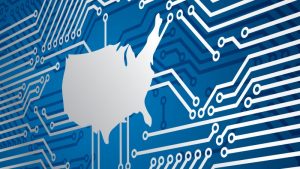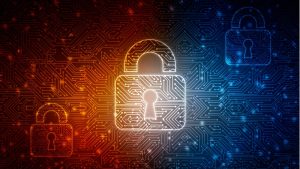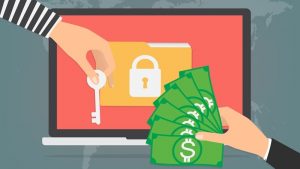Sens. Amy Klobuchar, D-Minn., and Dan Sullivan, R-Ark., reintroduced legislation on Tuesday that would “establish an international information sharing program on election administration and security at the State Department.” The Global Electoral Exchange Act, which had been introduced in the last Congress, would enable the United States to work with its international allies to strengthen election security by sharing best practices on audits, disinformation campaigns, and voter database protections–among other pertinent issues.
Participants described how their participation in Jack Voltaic 2.0, a joint exercise between the City of Houston and the Army Cyber Institute held in July 2018, opened their eyes to the threats of a combined cyber and physical attack on critical infrastructure.
The National Association of State Chief Information Officers (NASCIO) released its annual list of Federal advocacy priorities today which prominently feature cybersecurity regulations and state CIO/CISO roles in Federal government efforts.
Joshua Spence, West Virginia’s chief technology officer, is pushing for an additional $4.5 million in funding to launch a program that would allow his office to compare and analyze the cybersecurity risks currently facing state agencies. The bill Spence is lobbying for, called the Secure WV Act, would enable legislators to get a more in-depth understanding of the state’s current risks and how best to mitigate them in the future.
A Georgia state election commission voted on Thursday to replace the state’s current electronic voting systems with a computerized system that prints paper ballot receipts.
On their second day in charge of the House, Democrats debuted H.R. 1, the For The People Act, which features a wide range of election security and modernization measures, including cybersecurity standards for voting machines, an election security bug bounty program, and a requirement for online voter registration.
The New York Attorney General’s (AG) office has reached a settlement with five companies–Equifax, Western Union, Priceline, Spark Networks, and Credit Sesame–that it said weren’t doing enough to facilitate security of their customers’ data.
State and local governments are starting to make progress–albeit slowly–on adopting latest-generation email authentication protocols.
A Federal grand jury in Atlanta has indicted two Iranian nationals for the March 2018 ransomware attack against the City of Atlanta. Faramarz Shahi Savandi and Mohammed Mehdi Shah Mansouri were charged with violating the Computer Fraud and Abuse Act.













